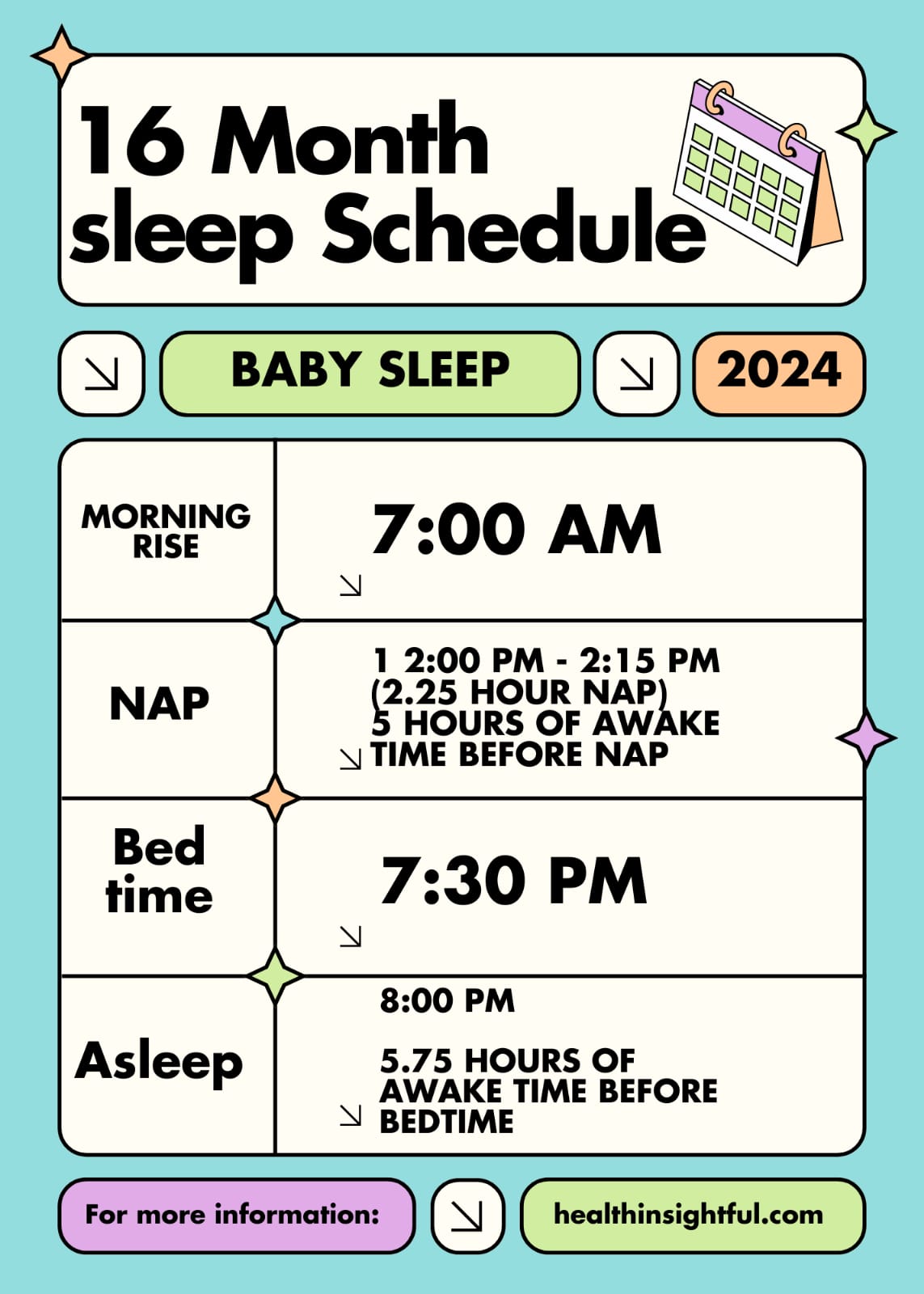The early morning waking is quite a challenging phase both for the parents and children. The actual transition from sleep to morning wakefulness is critical in setting the tone for the rest of the day. Early morning waking sleep training can help children form a healthy sleep routine to wake up rested and ready for the day.
In this article, we shall consider in detail the best practices, tips, and strategies to help your child master the art of waking up early in the morning. Apply these sleep training techniques and put your child on the path to a consistent morning routine, which in turn assures great sleep and reduces the bitterness of waking up.
Understanding Early Morning Waking in Children
Early morning waking refers to a child who consistently wakes up before 6:00 AM. This is surely frustrating for tired parents, who, for many reasons, would like a little more rest themselves, including wanting their child to get a whole night’s sleep. Why do children wake up so early?
1. Sleep Cycles:
Just like adults, children go through numerous sleep cycles at night. Morning wakings tend to happen when a child transitions from deep to light levels of sleep.
2. Hunger:
Early morning wakings do have something to do with hungriness, more so in younger children or babies. Their small stomachs need to get filled quite often, and that might affect the sleep.
3. Due to Environmental Factors:
Early morning light, early morning noise, and a wet diaper may be some of the reasons that constitute your child waking up earlier than you would want them to do so.
4. Habit:
Early morning wakings can be perpetuated in early childhood by the child habituating to waking early. If a child goes through a number of days in a row waking up at an early time, then their body’s internal clock adjusts to this times schedule.
The Importance of Consistent Sleep Schedules
Consistency in sleep schedule from bedtime to rise time is what works for effective morning waking sleep training. Regular bedtime and wake-up time set internal clocks for sleeping and rising.

How to Establish a Regular Sleep Schedule
- Get into a Routine: Predict a bedtime for your child that will reach the desired number of hours for the child’s age group. Always be consistent with the time; keep it on the weekends, too.
- Establish a bedtime routine: A relaxing pre-sleep activity can help inform the child that now is his sleep time. It could be reading a book, where both of you relax from your daytime, or it could take the form of any other activity that you would find enjoyable, like listening to soothing music.
- Avoid Late-Night Stimulation: Try to keep stimulation from screens and other activities low toward bedtime. The blue light actually interferes with the production of melatonin of your child, which may make the child have a reduced capacity to fall asleep.
Early Morning Waking Sleep Training Strategies
Now that the basics are taken care of, let us delve into some details of specific strategies concerning early morning waking sleep training. Techniques that shall be very helpful for your child to learn sleeping longer and wake up at a better time.
1. Gradual Shift Technique
This is done by gradually changing the wake-up time of the child by small lengths each day until the desired wake-up time is reached. How to do it:
First, you need to determine what time your child actually wakes up. Then, every day, you would have to push that time back 10 or 15 minutes until they reach the right wake-up time. This process is easy and non-violent because it gives some time to your child’s inner clock to gradually change the pattern.
This is how the wake-to-sleep approach works: a child is wakened a bit before the time he or she usually wakes up too early and then helped back to sleep. This resets their internal clocks and might just inspire longer sleeping.
- Step 1: Note the time when your child wakes up too early.
- Step 2: Wake him/her 15-30 minutes before that time and then soothe them to sleep.
How to do it. - Step 3: Repeat this every day for some days until your child just can’t help but sleep in later in the mornings.
3. Nap Time Application
Early morning wakings almost always get influenced by a nap that is too short or too long. Taking many or long naps in the day leads to a child sleeping less at night into the morning.
Limit Naps: In case of an older toddler or preschooler, one can try to reduce or totally eliminate naptime if one is constantly waking up too early.
Optimize Nap Timing: Ensure that naps are not happening too late in the afternoon. Otherwise, it may interfere with nighttime sleep.
4. Dim the Room

The early morning light can trigger the switch that cues your child it’s time to wake. Blackout curtains or shades will block that early morning sunlight from coming in and trick your child’s body that it is still time to sleep.
- Blackout Curtains: Use blackout curtains that block early morning sunlight.
- Nightlights: If using a nightlight, the lights should be dim, without overstimulation.
Common Problems with Early Morning Waking
Even with all the strategies in place, you will face some challenges with early morning waking sleep training. Following are a few common problems and how to overcome them:
1. Hunger
If your child wakes up in the morning out of hunger, you might want to give them a bigger snack before going to bed. A snack containing healthy fats and proteins will keep them full through nighttime.
2. Teething or Illness
Disturbed sleep and/or early morning wakings can be due to teething or illness. Comfort your baby if they are teething and provide them with a teether or other remedy to comfort them. If the baby is ill, focus on nursing them back to health and then return to the sleep training after their health has returned to normal.
3. Developmental Milestones
All those developmental milestones, like crawling or learning to walk, set them back with sleep temporarily. Any sleeping training takes some time and patience. Remember that most regressions are temporary.
What to Expect
If the early rising doesn’t really seem to cease with your child even after giving it a real go, then this probably is the time to seek the professional services of a pediatric sleep specialist who can assist you in highlighting the problem and devising solutions tailored to your child’s sleep challenges.
Conclusion
Early morning waking sleep training requires patience, consistency, and just a little bit of creativity. This guide will take you through the strategies to help your child establish good sleep patterns, in turn cutting down on chaos in the morning. Remember, every child is a little different, and so it may take some time before you find the best course of action that works for your family. Though it takes persistence, mastering the right techniques means one is capable of waking up early in the morning and reaping such benefits as having a well-rested child.










